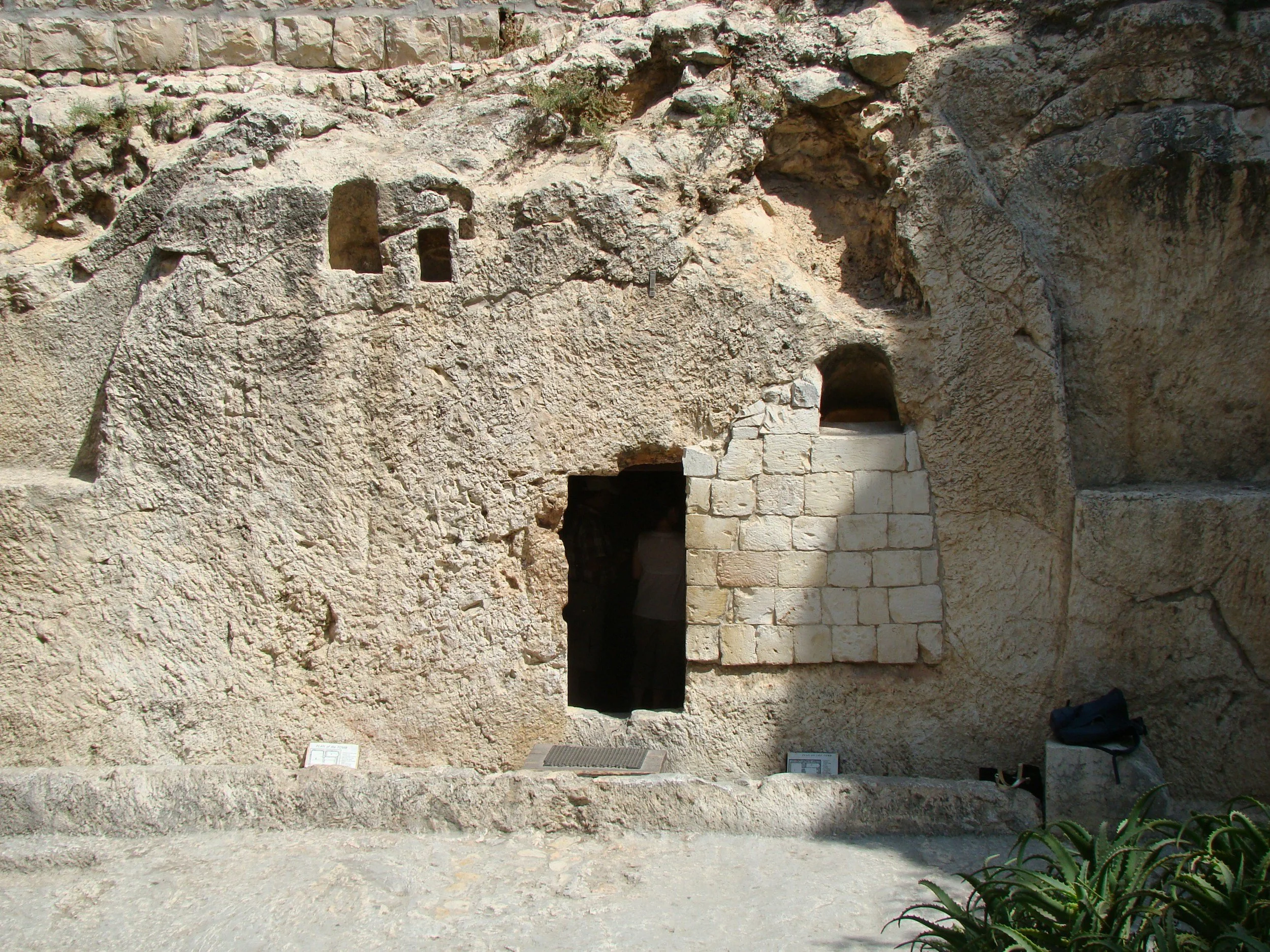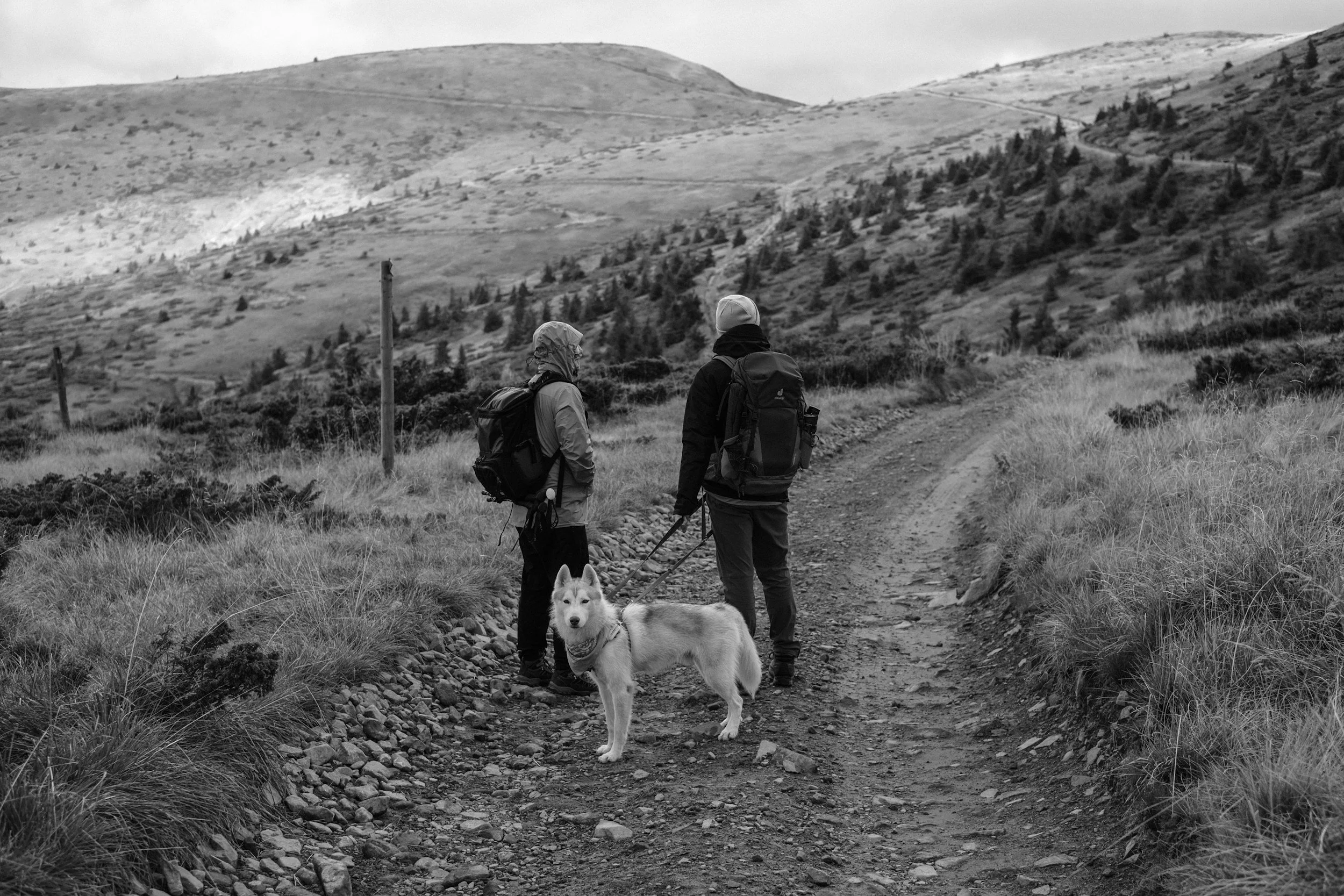“Now, go in peace. Serve the Lord with gladness. Render no one evil for evil, but instead make the choice to be a source of God’s love and God’s light in this lifetime.”
One of my favorite jobs that I had was at a camp in Wisconsin. I worked there for two summers, first as a counselor and then, the second season, as the program director for the camp. The camp was owned by a Lutheran church in Milwaukee. The camp focused on bringing inner city kids—often gang members—out away from the city. The hope was to just give them a chance to be kids for a little while.
So, back in the day, one of my favorite things to do at the old Lake Forest Hospital was to stop by the hospital’s nursery and check out the babies. They were behind glass so you could look but you could not touch. Still, you can stand there and marvel at new life. I was especially likely to do this if what had brought me to the hospital was the end of a life. Often, in the midst of caring for that person, I would here the lullaby song that a new baby had been born. It felt like life, itself, were calling to me.
Years ago, I went with three members of our church to Rio De Janeiro to visit a woman named Barb DeSouza. Barb had been a member of the church, too. Prior to my arrival, she had gone with her husband to Rio on a business transfer for his job. When he left her and her children, she made the amazingly brave decision to stay and continue her medical work with some of the poorest people in the world. Ultimately, she built a clinic that provided medical care, physical therapy, family counseling and support, and any number of other things. The church had supported Barb’s work for years. We went not only to meet her but to smuggle medical supplies through customs for the clinic.
Today is Ascension Sunday. This is the day in the church calendar when we remember that in two of the four Gospels, Jesus leaves. Where does he go? He goes up. What does he do when he goes up? The answer I learned as a confirmand was that, “He sitteth at the right hand of God the Father Almighty.” What’s the plan? The plan, according to many of the very earliest Christians and a few Christians still today is that he’s going to come back down again.
The first thing that I want to say to you confirmands this morning is, “Congratulations!” The first milestone moment for you was when your parents and the church baptized you. The commitments made on that day were made by your parents and by the community of faith: to welcome you into the church family; to care for you in your growing years; to give you the chance to learn about the life of faith that we are called to live, loving God and loving our neighbors. At that point, given how young you were, you were just along for the ride. Then, across a lot of Sundays, your parents and your church family fulfilled those promises. You found a home filled with friends, some your own age or younger, some 10 times older than you. They cared for you and about you and you learned to care for and about them, too.
Forty-three years ago, when I went to seminary, I knew two things for sure. First, I was never going to date anyone in seminary. They’d be a little crazy and want to talk about Jesus all the time. One month in, I was dating the person whom I would spend the rest of my life with. The second thing that I knew for sure was that I would never, ever be interested in Biblical studies. After all, as a pastor’s kid, I had suffered through years of Sunday School, hearing the same stories over and over again. Today, I’m standing here and telling you that after preaching pretty much every Sunday for 30 years, the book still fascinates me and almost every time I run into a text, I hear something entirely new.
In order to hear what’s going on in the Gospel of Luke, I need to set the context this morning. Last week, we watched as Luke told us the story of the women at the tomb on Easter morning. They were there to care for Jesus’ body but when they got there, the stone was rolled away and the tomb was empty. Nothing was the way that they expected it to be. At first glance, the women had to be thinking, “Someone has stolen Jesus’ body.” When you’re in a novel situation, the tendency is to make sense of the unknown by making it fit in categories that we already know.
Let’s begin here. I think the point of Jesus whole ministry was to invite us to live a loving life. He says that we should love God, love our neighbors, and love ourselves. He says that we should recognize the needs of others and respond. He points us not toward the “mansions” but toward the margins, toward the overlooked and the ignored, and tells us that they are our neighbors. He insists that we should love our enemies and that if we make our lives about revenge—“an eye for an eye”—sooner or later everyone will be blind. There is one question and only one question that matters in the end. That question is, “What’s the next loving thing to do?”
So, a few weeks ago, Tracy was teaching an adult education class. After church, she said, “Wow, people were really excited and surprised about the notion that Palm Sunday was political theater.” (Jesus confronts the powers that be through collective action and satire.) Jesus and the crowd are ridiculing the way that the Romans wield power. During the Passover festival, when the city swells to three times its normal population, the Roman guard show up in force on warhorses, waving spears, and doing everything they can to intimidate people. Along the way, the guard would yell praises to Caesar. The crowd either joined in or they would run the risk of being prodded with the pointy end of a spear.
One of the things that makes the Bible powerful to me is it’s willingness to speak in the most honest ways about how broken human beings can be. One of the first things that people (Adam and Eve) choose to do is the one thing—the only thing—that they’ve been told not to do. They eat the fruit and…boom…paradise is lost.













